
Keta: Ghana's Hidden Coastal Gem
Nestled along the southeastern coast of Ghana, Keta is a treasure trove of natural beauty and rich history. This serene town offers pristine beaches and a tranquil atmosphere, making it a perfect escape for those seeking relaxation and adventure. The warm, inviting sands of Keta Beach are ideal for sunbathing, beach sports, or simply enjoying the calming waves of the Atlantic Ocean. Keta is also home to the historic Fort Prinzenstein, a poignant reminder of the area's colonial past. Built by the Danes in the 18th century, this fort once served as a trading post and played a significant role during the trans-Atlantic slave trade. Today, visitors can explore its remnants and learn about its history through guided tours, offering a somber yet enlightening experience. Nature enthusiasts will find paradise at the Keta Lagoon Complex, one of the largest wetlands in Ghana. This biodiverse area is perfect for bird watching, with numerous species to be spotted, including the rare African Manatee. The lagoon also supports local fishing communities, and visitors can observe traditional practices or even join in the activities. Keta's vibrant markets and friendly locals add to its charm. The town's market is bustling with activity, offering fresh seafood, fruits, and traditional crafts. It's an excellent place to immerse yourself in local culture and perhaps pick up a unique souvenir. With its blend of natural beauty, historical significance, and cultural richness, Keta is a destination that promises unforgettable memories.
Local tips in Keta
- Visit during the dry season (November to March) for the best weather and to avoid heavy rains.
- Take a guided tour of Fort Prinzenstein to fully appreciate its historical significance.
- Bring binoculars for bird watching at the Keta Lagoon Complex.
- Try the local seafood at the Keta market for an authentic taste of the region.
- Carry insect repellent, especially if you plan to visit the wetlands.
- Engage with local fishermen to learn about traditional fishing practices.
Keta: Ghana's Hidden Coastal Gem
Nestled along the southeastern coast of Ghana, Keta is a treasure trove of natural beauty and rich history. This serene town offers pristine beaches and a tranquil atmosphere, making it a perfect escape for those seeking relaxation and adventure. The warm, inviting sands of Keta Beach are ideal for sunbathing, beach sports, or simply enjoying the calming waves of the Atlantic Ocean. Keta is also home to the historic Fort Prinzenstein, a poignant reminder of the area's colonial past. Built by the Danes in the 18th century, this fort once served as a trading post and played a significant role during the trans-Atlantic slave trade. Today, visitors can explore its remnants and learn about its history through guided tours, offering a somber yet enlightening experience. Nature enthusiasts will find paradise at the Keta Lagoon Complex, one of the largest wetlands in Ghana. This biodiverse area is perfect for bird watching, with numerous species to be spotted, including the rare African Manatee. The lagoon also supports local fishing communities, and visitors can observe traditional practices or even join in the activities. Keta's vibrant markets and friendly locals add to its charm. The town's market is bustling with activity, offering fresh seafood, fruits, and traditional crafts. It's an excellent place to immerse yourself in local culture and perhaps pick up a unique souvenir. With its blend of natural beauty, historical significance, and cultural richness, Keta is a destination that promises unforgettable memories.
When is the best time to go to Keta?
Iconic landmarks you can’t miss
IDARKCONSULT LTD
Experience the architectural brilliance of IDARKCONSULT LTD in Aburi, Ghana, where modern design meets scenic beauty in a tranquil setting.
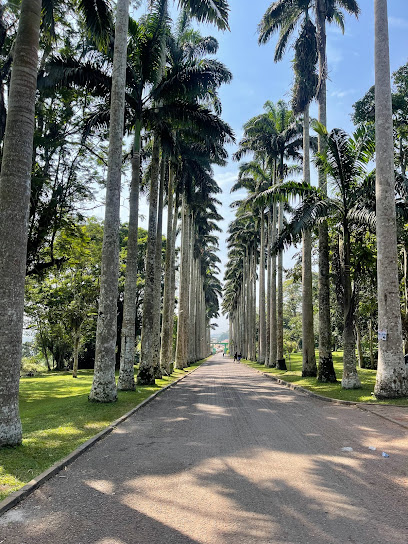
Kwame Nkrumah Memorial Park & Mausoleum
Explore the rich history of Ghana at the Kwame Nkrumah Memorial Park & Mausoleum, a serene tribute to the nation's first president.

Aborigines Beach Resort
Experience blissful relaxation at Aborigines Beach Resort, a stunning coastal paradise in Keta, Ghana, perfect for unwinding and adventures alike.
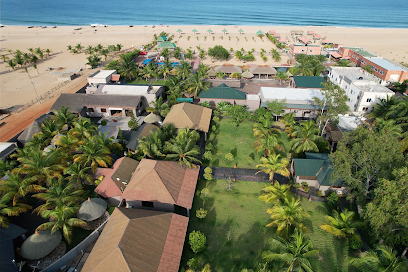
National Museum of Ghana
Explore the National Museum of Ghana - A gateway to the nation's rich history and vibrant culture in the heart of Accra, showcasing art, artifacts, and education.
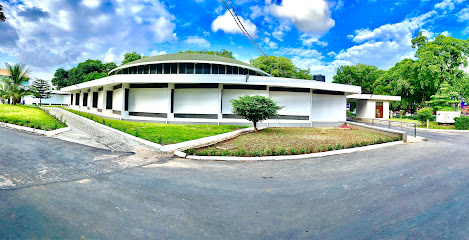
Boti Waterfalls
Experience the breathtaking beauty and tranquility of Boti Waterfalls, a must-see natural gem in Ghana's lush landscape.
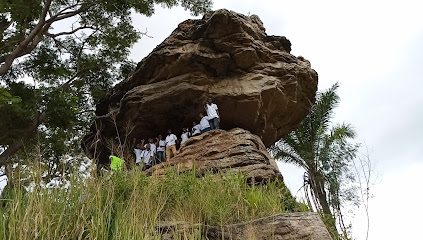
Osu Castle
Explore the rich history of Osu Castle in Accra, a monumental site that tells the story of Ghana's colonial past and cultural heritage.
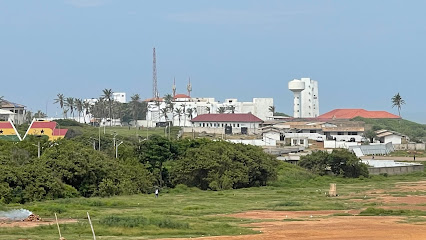
Eli Beach Resort
Discover the serene beauty of Eli Beach Resort in Keta, where luxury meets coastal adventure amidst the vibrant culture of Ghana.
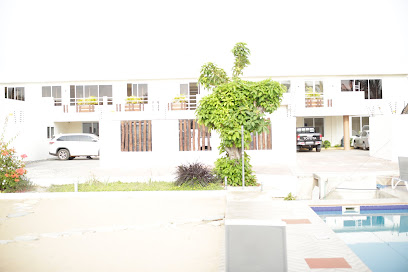
Meet Me There Eco Lodge
Experience the tranquility and cultural richness of Ghana at Meet Me There Eco Lodge, your eco-friendly getaway in the stunning Volta Region.
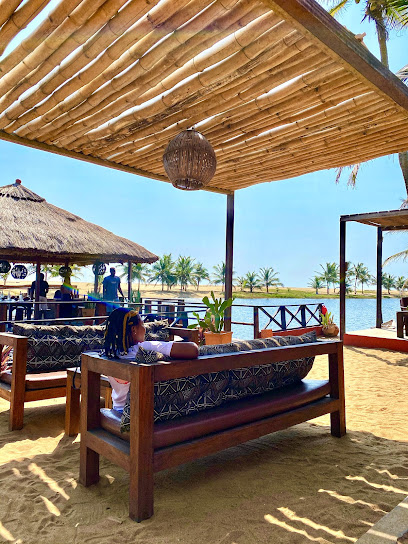
Fort Prinzenstein, Keta
Explore Fort Prinzenstein in Keta, a historical gem showcasing Ghana's rich colonial heritage and offering stunning ocean views.
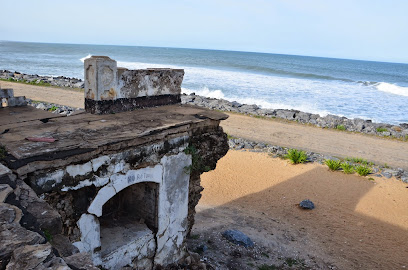
Nzulezo-Stilt Village Tour
Explore the enchanting Nzulezo Stilt Village in Ghana, a UNESCO World Heritage site showcasing a unique lifestyle on the beautiful Amansuri Lake.
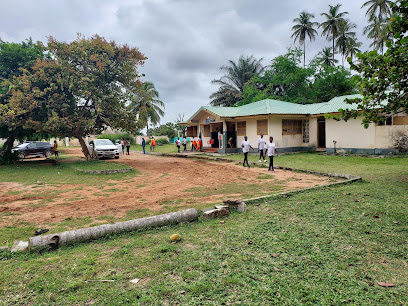
Keta Beach Hotel
Experience the coastal charm and vibrant culture at Keta Beach Hotel, a serene getaway in Ghana perfect for relaxation and adventure.
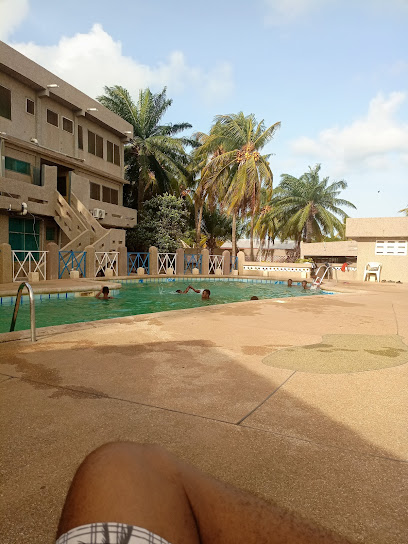
Keta Lagoon
Explore the stunning Keta Lagoon in Ghana, a tranquil haven for nature lovers and adventure seekers, boasting rich biodiversity and breathtaking sunsets.
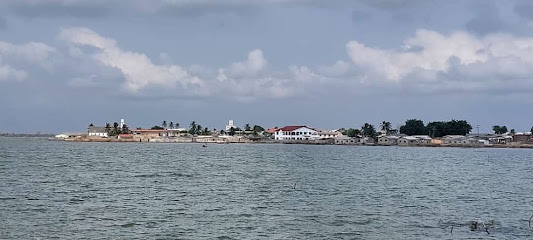
The Chill River Resort
Experience tranquility at The Chill River Resort, where luxury meets nature in the heart of Ghana's stunning landscapes.
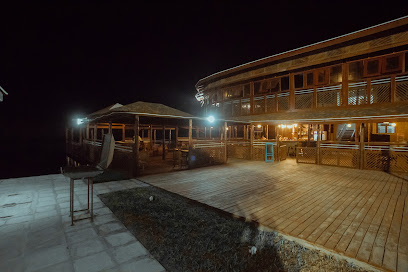
Fort Metal Cross | TortoisePath.com
Discover the rich history and stunning coastal views at Fort Metal Cross in Dixcove, a must-visit landmark in Ghana.
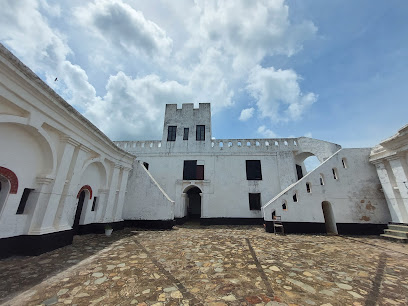
Agblor Lodge
Discover tranquility and beauty at Agblor Lodge in Keta, a perfect retreat for travelers seeking relaxation and cultural immersion.
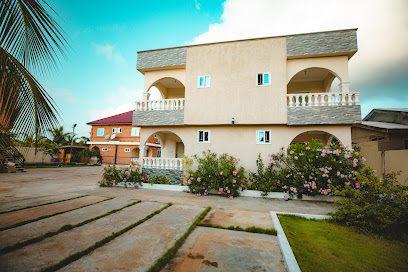
Unmissable attractions to see
Akodessewa Fetish Market
Experience the cultural heart of Togo at the Akodessewa Fetish Market, where voodoo traditions come alive with vibrant crafts and local stories.
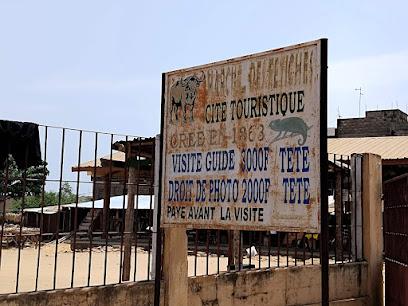
Songor Lagoon Protected Area
Explore the natural beauty of Songor Lagoon Protected Area, a serene oasis teeming with wildlife and stunning landscapes in Ayonukope, Ghana.
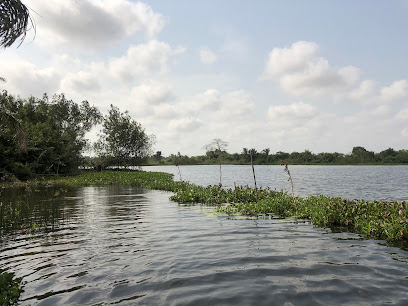
Ekpeame Beach Resort
Unwind at Ekpeame Beach Resort, a tranquil public beach in Keta, Ghana, where stunning landscapes meet vibrant local culture.
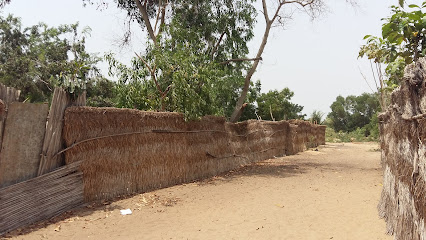
Royal Beach Keta
Discover the tranquil beauty of Royal Beach Keta, a perfect blend of relaxation, adventure, and cultural immersion in Ghana.
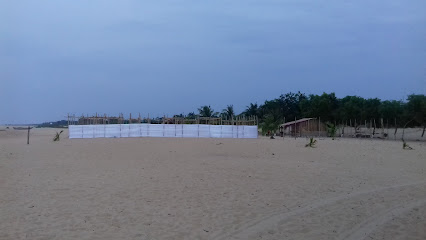
Torgbui Sri Park
Experience the natural beauty and tranquility of Torgbui Sri Park in Anloga, a perfect getaway for nature lovers and families.
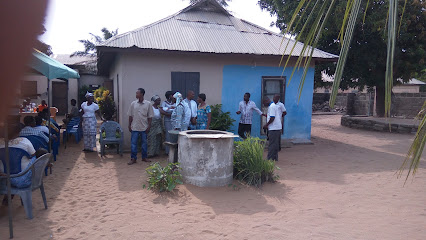
Denu Beach
Experience the tranquility of Denu Beach, a hidden gem in Ghana offering stunning views, local culture, and delicious seafood in a serene coastal setting.
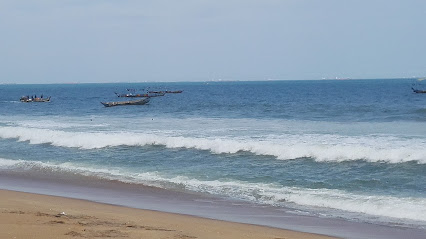
Jubilee Rum Resort
Discover the charm and culture of Ghana at Jubilee Rum Resort - a unique tourist attraction in Big Ada, celebrating local traditions and exquisite rum.
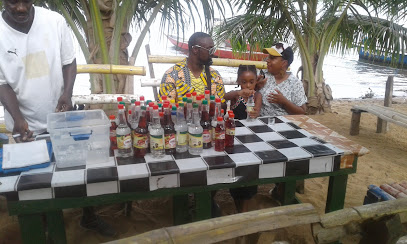
Volta Estuary, Ada Foah
Explore the breathtaking Volta Estuary in Ada Foah, a perfect blend of nature, adventure, and cultural richness in Ghana.
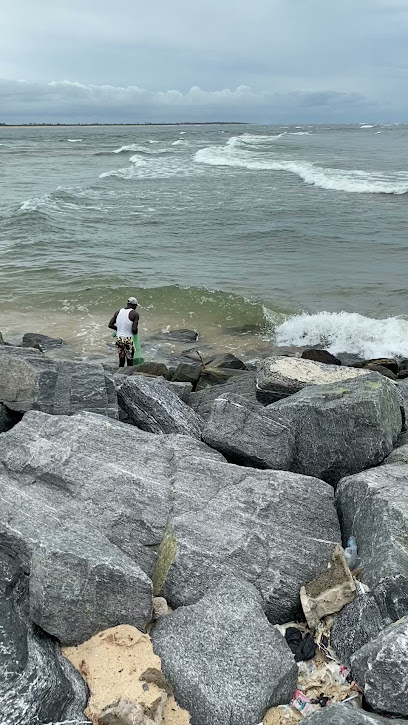
TORGBI HORGBATO SHRINE SROHUME AGBOZUME V/R GHANA
Explore the Torgbi Horgbato Shrine in Klikor-Agbozume, a spiritual haven that embodies Ghana's rich cultural heritage and vibrant traditions.
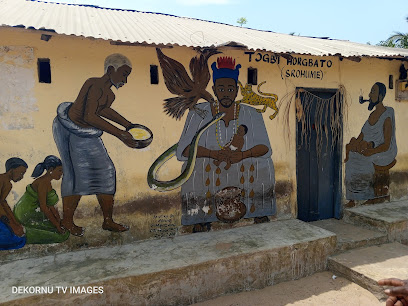
Eyram Beach Club
Experience the serene beauty of Eyram Beach Club in Mafi - Adidome, where relaxation meets adventure on Ghana's stunning coastline.
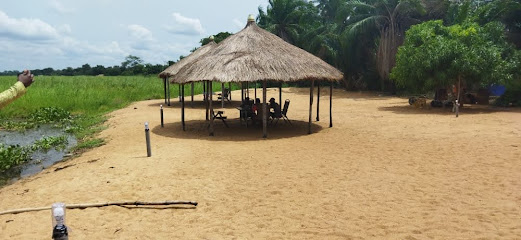
Xavi Junction
Experience the lively spirit of Xavi Junction, a must-visit tourist attraction in Akatsi, Ghana, filled with local culture, vibrant markets, and authentic cuisine.

Vinyome Lagoon
Vinyome Lagoon: A serene oasis in Tengekope offering breathtaking views and a peaceful escape into nature's beauty.

Department of parks and gardens keta municipal assembly
Experience the serene beauty of the Keta Municipal Assembly Park, a perfect haven for relaxation and nature exploration in Keta, Ghana.
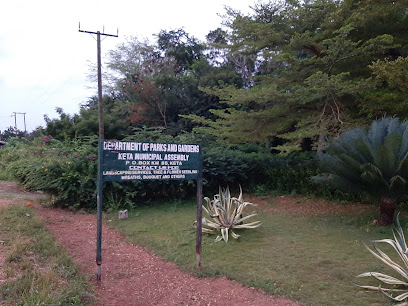
Tacks corner Lagoon
Experience the tranquility and natural beauty of Tacks Corner Lagoon in Klikor-Agbozume, a perfect escape for relaxation and exploration.
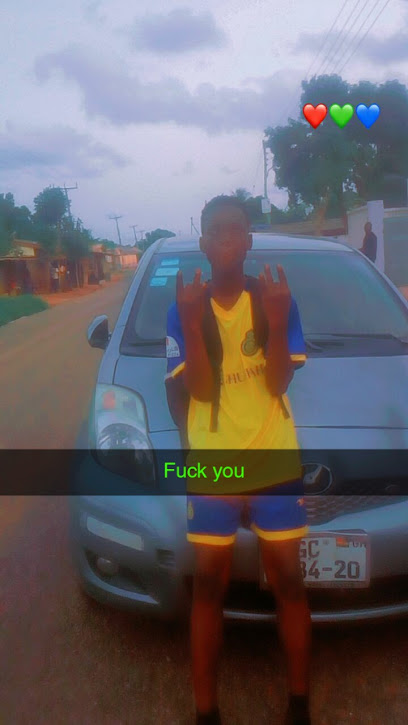
Tsiame Forest Reserved
Discover the serene beauty and diverse wildlife of Tsiame Forest Reserve, a hidden gem in Ghana perfect for nature enthusiasts and adventurers.
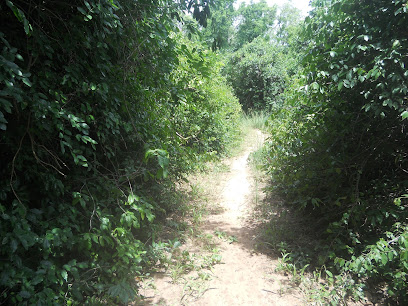
Essential places to dine
Ike’s Cafe and Grill
Experience authentic Ghanaian cuisine with a twist at Ike’s Cafe and Grill in Kumasi's vibrant cultural hub.
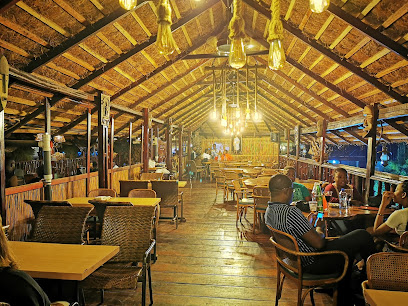
MEET AND EAT
Experience vibrant flavors at Meet and Eat in Tema - where local cuisine meets international delights in a welcoming atmosphere.
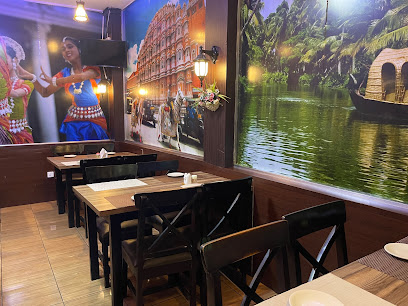
Grillers
Savor delicious fast food at Grillers in Takoradi – where tasty meals meet great company!
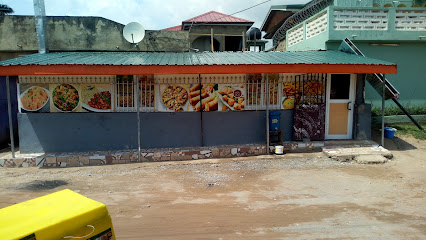
Arirang Restaurant and Guest House
Discover the heart of Korea in Tema at Arirang Restaurant and Guest House—where every dish tells a story.
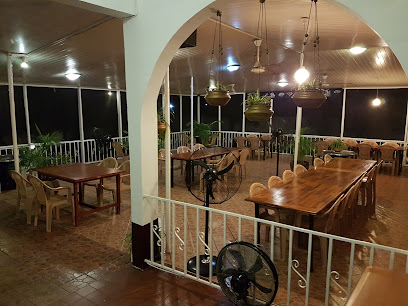
Ramakos Restaurant
Experience the vibrant flavors of Ghana at Ramakos Restaurant in Kumasi – where every meal tells a story.
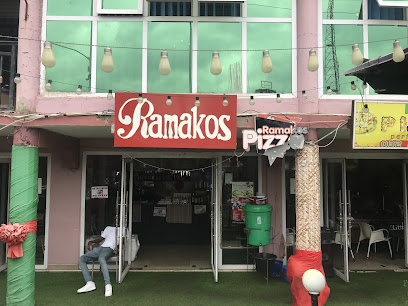
In-n-out chillies
Discover delightful culinary experiences at In-n-Out Chillies in Ho - where local flavors meet global cuisine in a vibrant atmosphere.
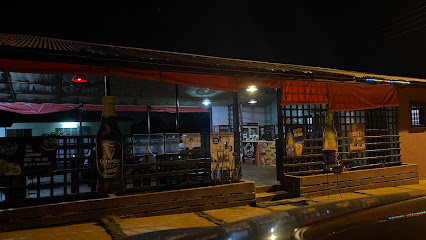
Concept Foods Restaurant
Discover the flavors of Ghana at Concept Foods Restaurant in Akropong - where local ingredients meet culinary creativity.
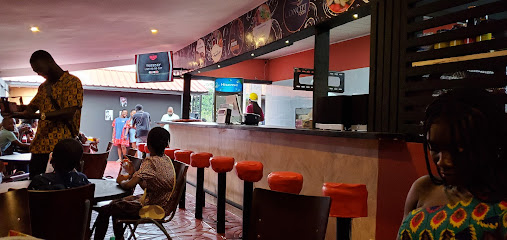
Lemon Beach Restaurant
Discover exquisite dining at Lemon Beach Restaurant in Elmina, where local flavors meet stunning ocean views.
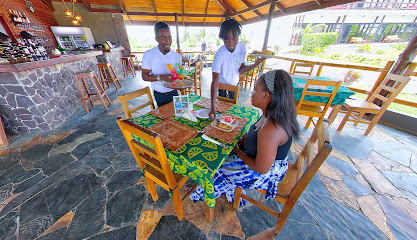
Grace And Glory Restaurant
Experience authentic Ghanaian cuisine at Grace And Glory Restaurant in Keta—where flavor meets affordability.
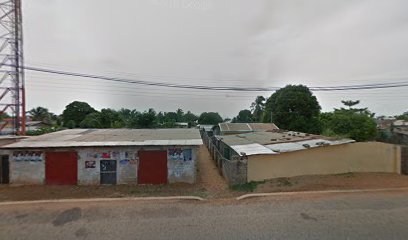
Keta Chopbar
Discover authentic Ghanaian cuisine at Keta Chopbar in Takoradi - a cultural gem offering delicious traditional dishes.
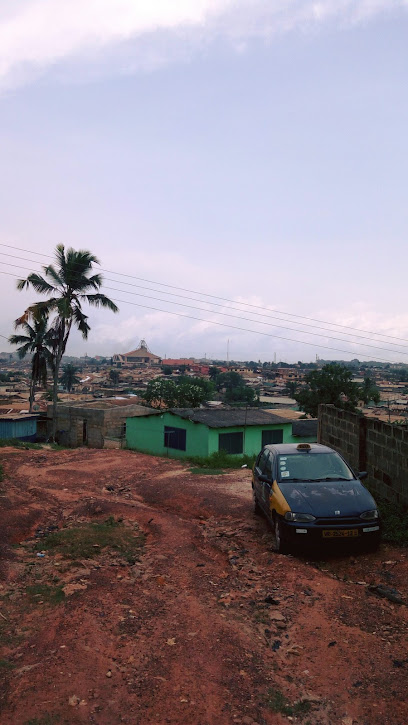
Mama's Inn Bar And Restaurant
Experience authentic Ghanaian cuisine at Mama's Inn Bar And Restaurant in Keta - where flavors come alive in a vibrant setting.
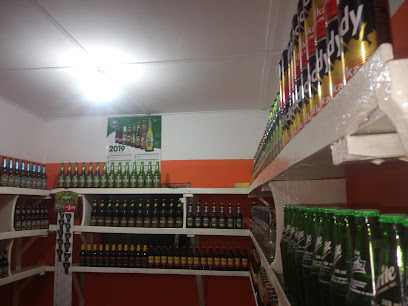
Christyle Locals & Continentals
Experience authentic Ghanaian and continental cuisine at Christyle Locals & Continentals in Keta – a must-visit dining destination for every traveler.
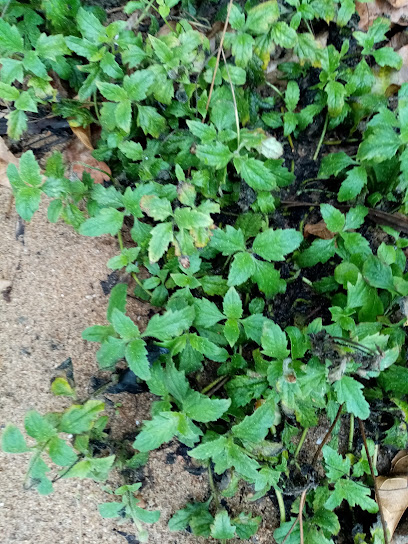
Chillout Eatery and Pub
Discover delicious fast food at Chillout Eatery and Pub in Akropong - where flavor meets relaxation in a cozy setting.
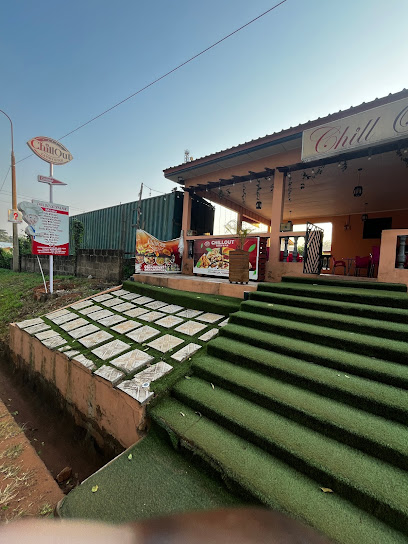
Navi Beans
Discover authentic Ghanaian cuisine at Navi Beans in Keta—where delicious flavors meet warm hospitality.
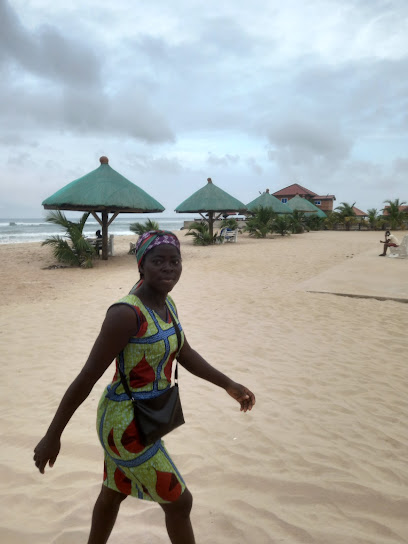
Adzido Secret Line
Experience the authentic flavors of Ghana at Adzido Secret Line in Keta, where culinary excellence meets warm hospitality.

Markets, malls and hidden boutiques
BABY LAST ENTERPRISE
Discover Baby Last Enterprise in Keta, your one-stop destination for all auto parts and accessories, ensuring a smooth journey through Ghana's beautiful landscapes.
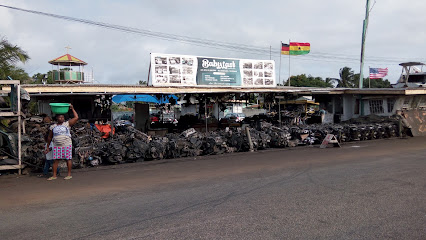
Good Books and Others
Explore the literary treasures of Keta at Good Books and Others, a charming book store with a rich selection of local and international literature.
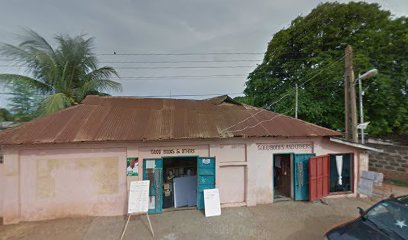
Tomary Ventures
Explore the vibrant flavors of Ghana at Tomary Ventures, Keta's premier grocery store for fresh produce and local delicacies.
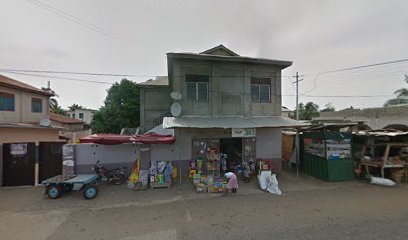
Dzialet
Explore the heart of Keta at Dzialet, where local culture meets unique shopping experiences.
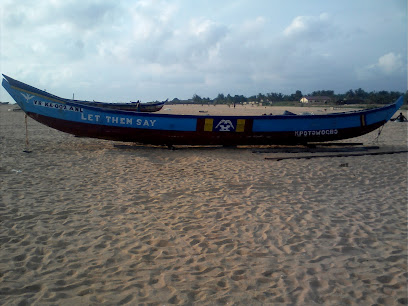
Gifty's Enterprise
Explore local flavors and essential goods at Gifty's Enterprise, a grocery store in Keta, Ghana, perfect for tourists seeking authentic culinary experiences.
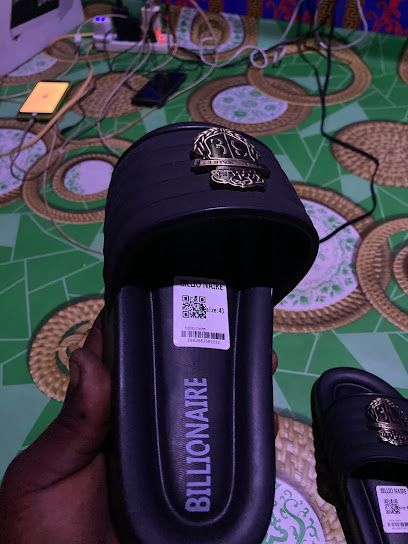
CLIDEM HERBAL CLINIC LTD.
Explore natural wellness with a visit to Clidem Herbal Clinic Ltd. in Keta, where herbal remedies and holistic health meet.
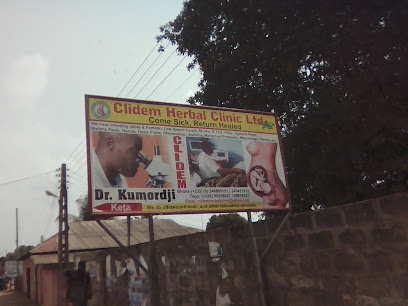
Vigilant Lotto Shop
Experience the thrill of chance at Vigilant Lotto Shop in Keta, Ghana, where locals and tourists come together to play and share in the excitement of lottery games.
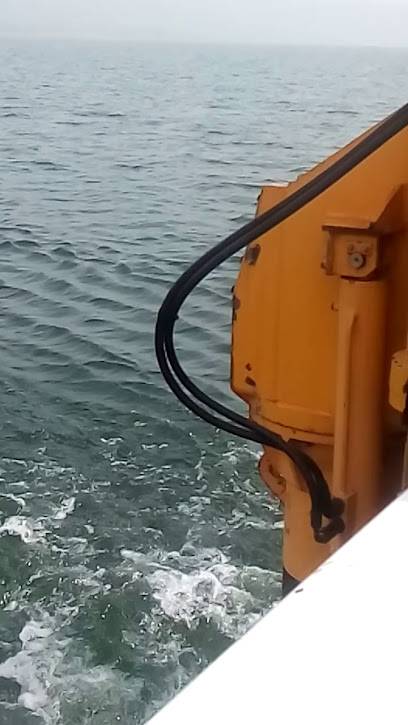
Trendy Store Keta
Discover the latest fashion trends at Trendy Store Keta, where style meets local culture in the heart of Ghana.
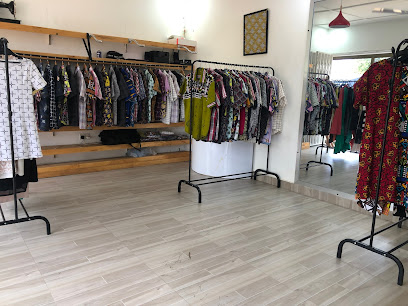
Channel 101 Soundz
Explore cutting-edge technology and local culture at Channel 101 Soundz in Keta, your go-to electronics store for all your tech needs.
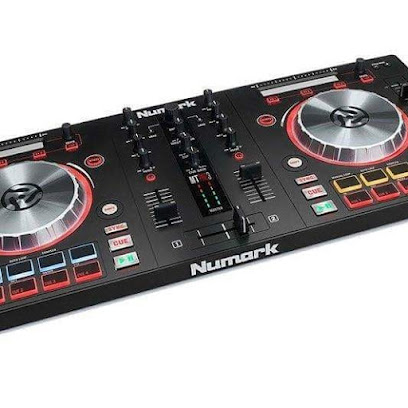
Keta Market
Discover Keta Market, where local culture thrives amidst vibrant colors, aromas, and flavors of Ghanaian life.

Dripping_mens Store
Explore Dripping Mens Store in Keta for stylish clothing and accessories that reflect the local culture and fashion trends.
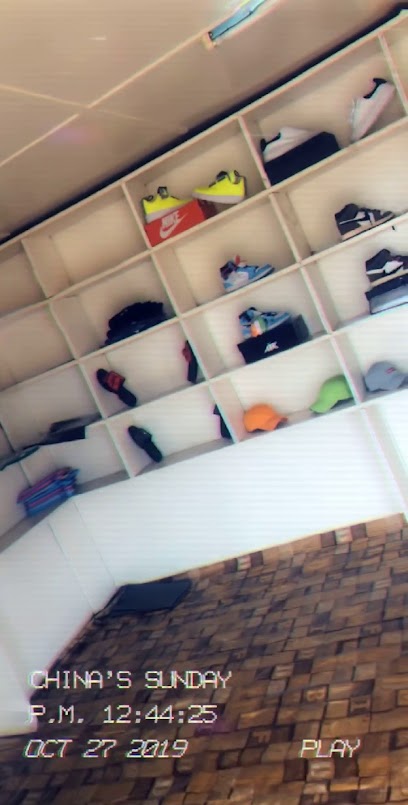
Sgt Auto Workshop
Explore Sgt Auto Workshop in Keta for a unique selection of electronics and expert services that enhance your travel experience.

DIVINE FAVOUR ELECTRICALS
Visit Divine Favour Electricals for quality electronics and exceptional service in Keta, where your tech needs are our top priority.
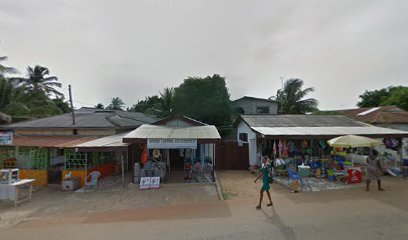
VICTOR ELECTRONICS KETA
Discover the best electronics and local goods at Victor Electronics Keta, a vibrant shopping mall in the heart of Keta, Ghana.
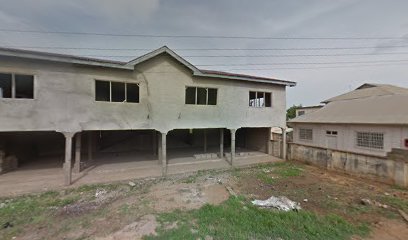
VIBERS SPORTS
Explore Keta's vibrant sporting culture at VIBERS SPORTS, your go-to store for all sporting goods and equipment.
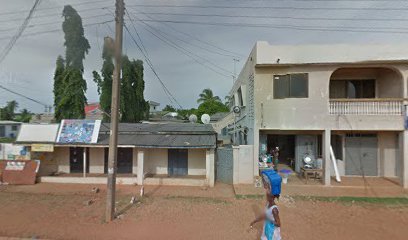
Essential bars & hidden hideouts
Scoops Pub
Discover the lively nightlife and local flavors at Scoops Pub in Keta, the perfect spot for travelers to unwind and socialize.
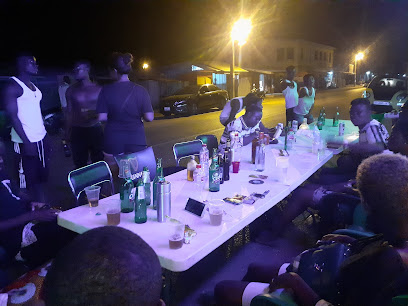
Ekui's Inn
Discover the charm of Ekui's Inn in Keta, a cozy bar with quick service and a welcoming atmosphere, perfect for unwinding and enjoying local culture.
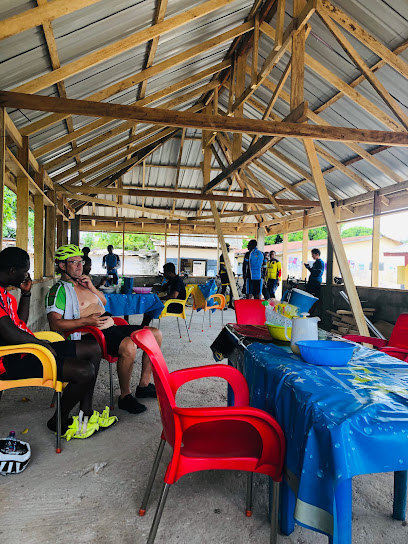
Grace And Glory Restaurant
Experience the rich flavors of Ghana at Grace and Glory Restaurant in Keta, where every dish tells a story of local heritage.
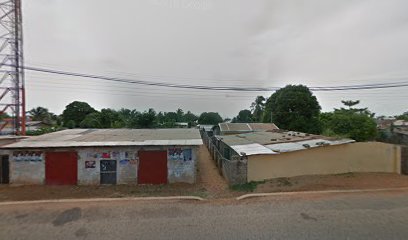
SaltCity Pub
Savor delicious grilled dishes and immerse yourself in the lively atmosphere of Wheta at SaltCity Pub, the perfect spot for tourists to relax.
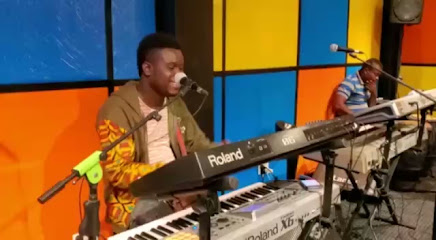
Mama's Inn Bar And Restaurant
Discover the flavors of Keta at Mama's Inn Bar And Restaurant, where local cuisine meets a vibrant atmosphere for an unforgettable dining experience.
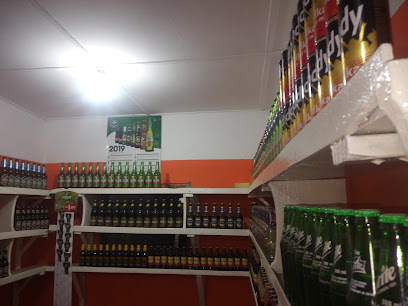
SPESS PUB
Discover the lively ambiance of SPESS PUB in Keta, where local culture meets a vibrant nightlife experience, perfect for all visitors.
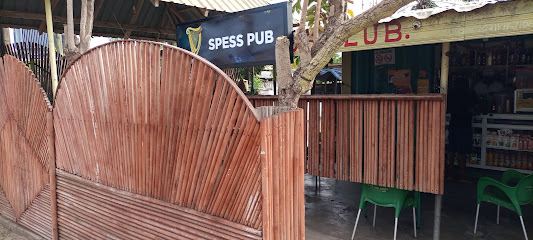
Cocobay Resort
Explore the serene Cocobay Resort for stunning beach views, refreshing drinks, and a vibrant atmosphere in the heart of Keta.
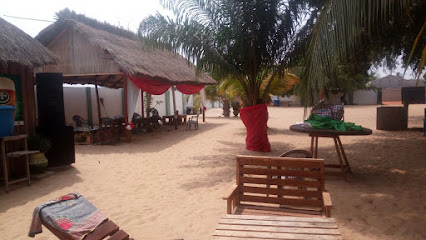
Christyle Locals & Continentals
Explore the culinary diversity of Keta at Christyle Locals & Continentals, where local flavors meet continental cuisine in a warm, inviting setting.
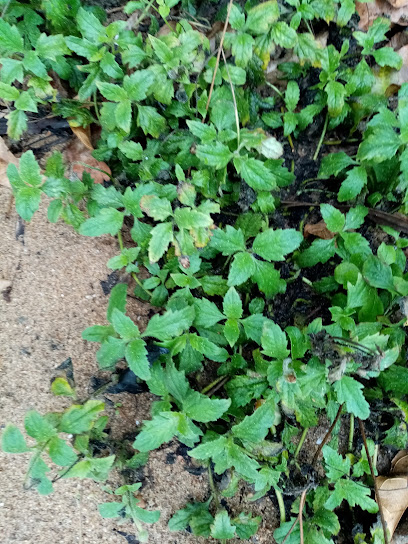
De Breeze
Experience the vibrant spirit of Keta at De Breeze, a local pub serving refreshing drinks and delicious bites in a lively atmosphere.
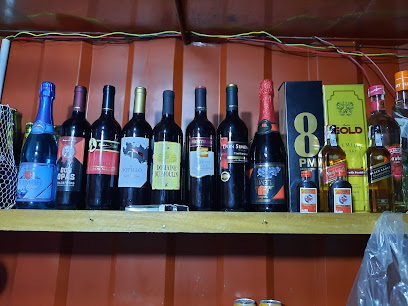
Eli Beach Resort Bar
Discover the Eli Beach Resort Bar in Tegbi, a perfect blend of relaxation, stunning ocean views, and vibrant atmosphere for an unforgettable beach experience.
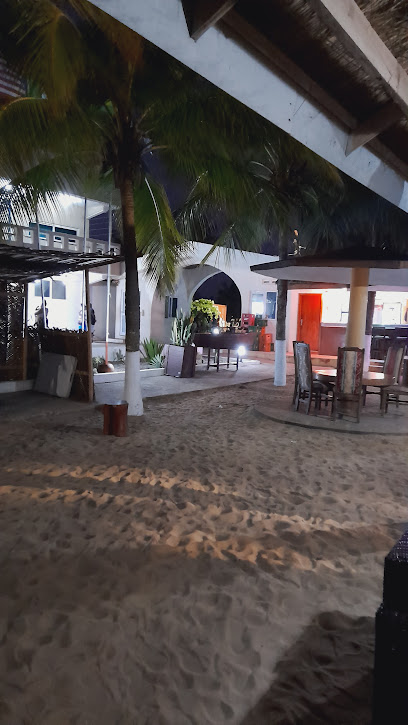
Navi BB
Experience the vibrant nightlife at Navi BB in Keta, a lively bar offering a diverse drink selection and a welcoming atmosphere for all.
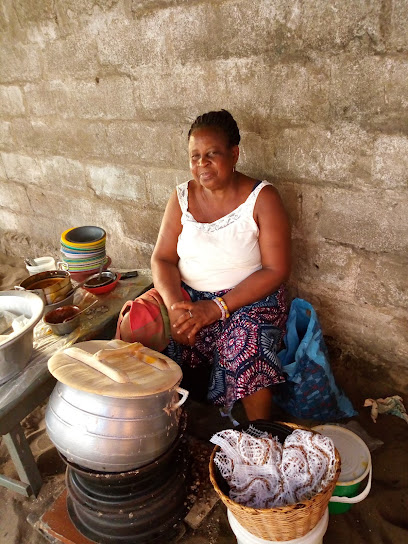
OKro Mouth
Experience the vibrant atmosphere and local culture at OKro Mouth Bar in Keta, your go-to destination for drinks and socializing.

Drop Inn Beach Pub
Experience the charm of Drop Inn Beach Pub in Kedzi, Ghana – a perfect spot for relaxation, local flavors, and stunning ocean views.
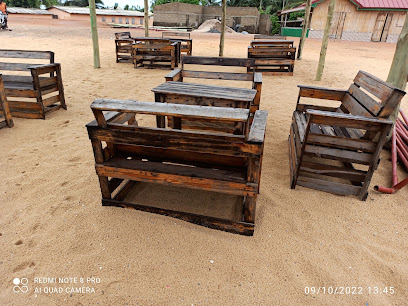
Navi Beans
Discover the flavors of Keta at Navi Beans, where local ingredients meet culinary creativity in a cozy dining atmosphere.
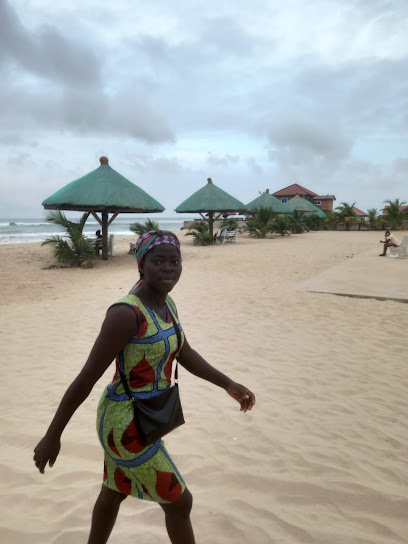
Local Phrases about Keta
-
- HelloKu ɖe ɖe
[Koo deh deh] - GoodbyeBlɔ ni
[Blor nee] - YesEe
[Eh] - NoAwoe
[Ah-woe] - Please/You're welcomeMiawo
[Me-ah-wo] - Thank youAkpe
[Ah-kpeh] - Excuse me/SorryƉeŋ ɖeŋ
[Dehng dehng] - How are you?Gɔme ɖeɖe na wo?
[Goh-meh deh-deh nah woh] - Fine. And you?Gɔme me e, na wuwo?
[Goh-meh meh eh, nah woo-woh] - Do you speak English?Ŋlɔ me ɖeŋlɔviwo be wo?
[Nglor meh dehng-loh-vee-wo beh woh] - I don't understandMe ɖeɖeŋ
[Meh deh-dehng]
- HelloKu ɖe ɖe
-
- I'd like to see the menu, pleaseMawo me ɖzɔlɔviwo, miawo
[Mah-wo meh dzo-loh-vee-wo, me-ah-wo] - I don't eat meatMe ŋutɔ ɖu
[Meh ngu-toh doo] - Cheers!Bra
[Brah] - I would like to pay, pleaseMawo me ɖeɖeŋ, miawo
[Mah-wo meh deh-dehng, me-ah-wo]
- I'd like to see the menu, pleaseMawo me ɖzɔlɔviwo, miawo
-
- Help!Meyɔ
[Meh-yoh] - Go away!Woo
[Woh] - Call the Police!Ŋlɔ me dɔviwo
[Nglor meh doh-vee-wo] - Call a doctor!Ŋlɔ me kɔkɔviwo
[Nglor meh koh-koh-vee-wo] - I'm lostMe mɔwo
[Meh moh-woh] - I'm illMe gbɔkɔ
[Meh gboh-koh]
- Help!Meyɔ
-
- I'd like to buy...Mawo me ...
[Mah-wo meh ...] - I'm just lookingMe ɖeɖeŋ ɖeŋ
[Meh deh-dehng dehng] - How much is it?Ɖeŋlɔ me ɖa be wo?
[Dehng-loh meh dah beh woh] - That's too expensiveƉa be nɔnɔ
[Dah beh noh-noh] - Can you lower the price?Ɖeŋlɔ me ɖa be bɔ gɔme?
[Dehng-loh meh dah beh boh goh-meh]
- I'd like to buy...Mawo me ...
-
- What time is it?Ɖeŋlɔ ɖeɖe na wo?
[Dehng-loh deh-deh nah woh] - It's one o'clockAme ɖeka
[Ah-meh deh-kah] - Half past (10)Ɖekaŋlɔ
[Deh-kah-ngloh] - Morningŋutɔ
[Ngu-toh] - Afternoondada
[dah-dah] - Eveningɖeka
[deh-kah] - Yesterdayɖeka la
[deh-kah lah] - Todayɖeka yi
[deh-kah yee] - Tomorrowɖeka le
[deh-kah leh] - 1yi
[yee] - 2etu
[eh-too] - 3nɛ
[neh] - 4nɔ
[noh] - 5nu
[noo] - 6vɔ
[voh] - 7vi
[vee] - 8ya
[yah] - 9dze
[zeh] - 10yɔ
[yo]
- What time is it?Ɖeŋlɔ ɖeɖe na wo?
-
- Where's a/the...?Ɖeŋlɔ ... be wo?
[Dehng-loh ... beh woh] - What's the address?Ɖeŋ me ɖeɖe be wo?
[Dehng meh deh-deh beh woh] - Can you show me (on the map)?Ɖeŋlɔ me ɖa be ɖeɖeŋ (kple map)?
[Dehng-loh meh dah beh deh-dehng (kpleh map)] - When's the next (bus)?Ŋlɔ me ɖeka (troski)?
[Nglor meh deh-kah (trohs-kee)] - A ticket (to ....)Tiket (kpɔ ...)
[Tee-keht (kpo ...)]
- Where's a/the...?Ɖeŋlɔ ... be wo?
History of Keta
-
Keta, located in the Volta Region of Ghana, was originally founded by the Anlo Ewe people in the late 15th century. The town became an important trading hub due to its strategic coastal location along the Gulf of Guinea. Fishing and salt production were the primary economic activities during its early years.
-
In the mid-18th century, the Danish colonialists constructed Fort Prinzenstein in Keta. The fort was built as part of the Danish Gold Coast and served as a trading post for goods, including the tragic transatlantic slave trade. Fort Prinzenstein stands today as a poignant reminder of the town's colonial past and the atrocities of the slave trade.
-
Over the years, Keta has faced significant challenges due to coastal erosion. The relentless encroachment of the sea has led to the submergence of parts of the town. Efforts to combat this issue have included the construction of sea defense walls, but the town's landscape and infrastructure have been deeply affected.
-
The Keta Lagoon Complex is one of the most significant wetlands in Ghana and a Ramsar site. It is a vital habitat for various bird species and supports the livelihoods of local communities through fishing and salt production. The lagoon is also culturally significant, featuring in many local myths and traditional practices.
-
The Hogbetsotso Festival is an annual event celebrated by the Anlo Ewe people of Keta. It commemorates the historic migration of the Ewes from Notsie in present-day Togo to their current settlements in Ghana. The festival features colorful parades, traditional dances, and rituals, reflecting the rich cultural heritage of the people.
-
Today, Keta is a blend of history, culture, and scenic beauty, attracting tourists from around the world. Visitors can explore Fort Prinzenstein, enjoy the picturesque Keta Lagoon, and participate in local festivals. The town's unique blend of historical significance and natural beauty makes it a compelling destination.
Keta Essentials
-
Keta is located in the Volta Region of Ghana. The nearest major airport is Kotoka International Airport in Accra, approximately 150 kilometers away. From Accra, you can take a bus or a taxi to Keta. The journey typically takes around 3 to 4 hours by road, depending on traffic conditions. Alternatively, you can hire a private car for a more comfortable trip.
-
In Keta, local transportation options include taxis, motorbikes, and tro-tros (shared mini-buses). Taxis are a convenient and relatively inexpensive way to get around. Tro-tros are a cheaper option but can be crowded. Renting a bicycle is also a great way to explore the town and its surroundings at your own pace.
-
The official currency in Ghana is the Ghanaian Cedi (GHS). Credit and debit cards are accepted in some hotels and larger establishments, but it is advisable to carry cash, especially for smaller shops and local markets. ATMs are available in Keta, but it is wise to withdraw sufficient cash in Accra before traveling to ensure you have enough funds.
-
Keta is generally a safe destination for tourists. However, it is advisable to take standard precautions. Avoid walking alone at night in unfamiliar areas and keep an eye on your belongings in crowded places. While Keta does not have specific high-crime areas targeting tourists, staying vigilant and aware of your surroundings is always best practice.
-
In case of emergency, dial 112 for immediate assistance. The local police station and medical facilities are available in Keta. It is recommended to have travel insurance that covers medical emergencies. For minor health issues, there are pharmacies in the town where you can purchase over-the-counter medications.
-
Fashion: Do dress modestly, particularly when visiting religious sites and local communities. Avoid wearing revealing clothing. Religion: Do respect local customs and traditions. It is customary to ask for permission before taking photos of people, especially in religious settings. Public Transport: Do be respectful and give up your seat to elderly passengers. Don't eat or drink on public transport. Greetings: Do greet people with a handshake and a smile. A slight bow of the head is also a sign of respect. Eating & Drinking: Do try local delicacies and accept food offerings graciously. Don't refuse hospitality, as it is considered impolite.
-
To experience Keta like a local, visit the local markets where you can buy fresh produce and traditional Ghanaian goods. Engage with locals, as they are often friendly and willing to share stories about the town's history and culture. Don't miss visiting the Fort Prinzenstein, an important historical site. For a unique experience, take a boat ride on the Keta Lagoon, which offers beautiful views and a chance to see local wildlife.
Trending Landmarks in Keta
-
IDARKCONSULT LTD
-
Kwame Nkrumah Memorial Park & Mausoleum
-
Aborigines Beach Resort
-
National Museum of Ghana
-
Boti Waterfalls
-
Osu Castle
-
Eli Beach Resort
-
Meet Me There Eco Lodge
-
Fort Prinzenstein, Keta
-
Nzulezo-Stilt Village Tour
-
Keta Beach Hotel
-
Keta Lagoon
-
The Chill River Resort
-
Fort Metal Cross | TortoisePath.com
-
Agblor Lodge
Nearby Cities to Keta
-
Things To Do in Aneho
-
Things To Do in Ho
-
Things To Do in Lokossa
-
Things To Do in Notse
-
Things To Do in Kpalimé
-
Things To Do in Ouidah
-
Things To Do in Accra
-
Things To Do in Koforidua
-
Things To Do in Cotonou
-
Things To Do in Atakpamé
-
Things To Do in Porto-Novo
-
Things To Do in Cape Coast
-
Things To Do in Lagos
-
Things To Do in Abeokuta
-
Things To Do in Kumasi







